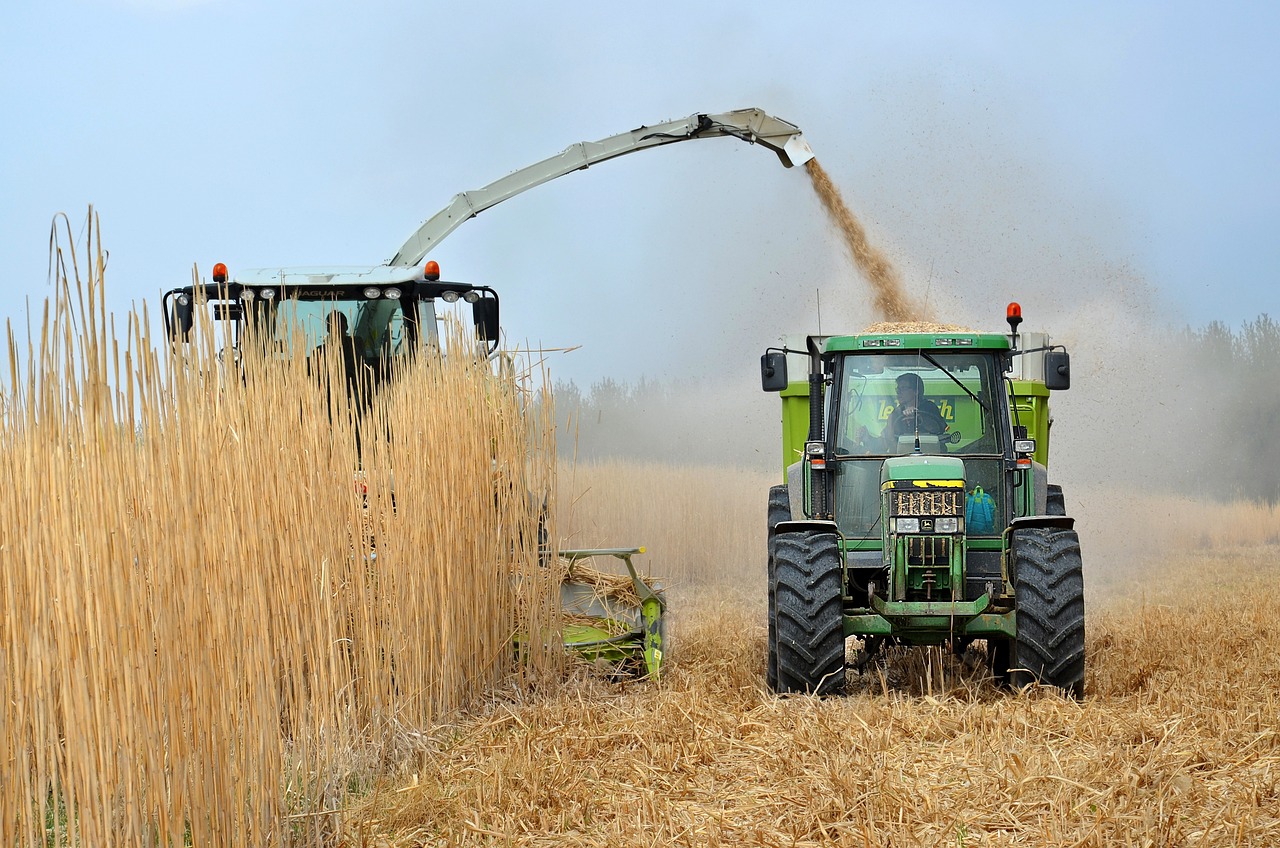


Uses of biofuels like Light Diesel Oil (LDO) and Mixed Hydrocarbon Oil (MHO) for agricultural works depends on various factors including availability, cost, environmental considerations, and specific agricultural applications. Let’s discuss about the LDO first
LDO is a commonly available fuel used in diesel engines and is often readily accessible in many regions, including rural areas. LDO is generally cheaper compared to other types of fuel oils, making it cost-effective for agricultural operations, especially in regions where it is abundant. LDO can be used in existing diesel engines commonly found in agricultural machinery such as tractors, harvesters, and pumps, without requiring significant modifications. LDO has a high energy density and is known for efficient combustion, providing reliable power output for agricultural machinery.
While LDO is relatively cleaner compared to heavier fuel oils, it still produces emissions when burned. However, advancements in engine technology and emissions controls have helped reduce environmental impact.
Now, if we considers the MHO, we found that:
MHO can be produced from renewable sources such as biomass or algae, making it an environmentally sustainable alternative to fossil fuels like LDO. Depending on the production method, MHO can have lower emissions compared to conventional diesel fuels, contributing to improved air quality and reduced environmental impact in agricultural areas. MHO can be used as a drop-in replacement for diesel fuel in existing agricultural machinery, offering a seamless transition to a more sustainable fuel option. MHO produced from biomass or algae can be carbon-neutral or even carbon-negative, as the carbon dioxide emitted during combustion is offset by the carbon dioxide absorbed during the growth of the feedstock. MHO offers the potential for long-term energy security and sustainability, as it can be produced from renewable resources that can be replenished over time.
In summary, both LDO and MHO have their advantages and can be suitable for agricultural works depending on factors such as availability, cost, environmental concerns, and specific application requirements. While LDO is widely used and readily available, MHO offers the potential for greater environmental sustainability and long-term energy security. Ultimately, the choice between the two will depend on the priorities and preferences of agricultural operators.